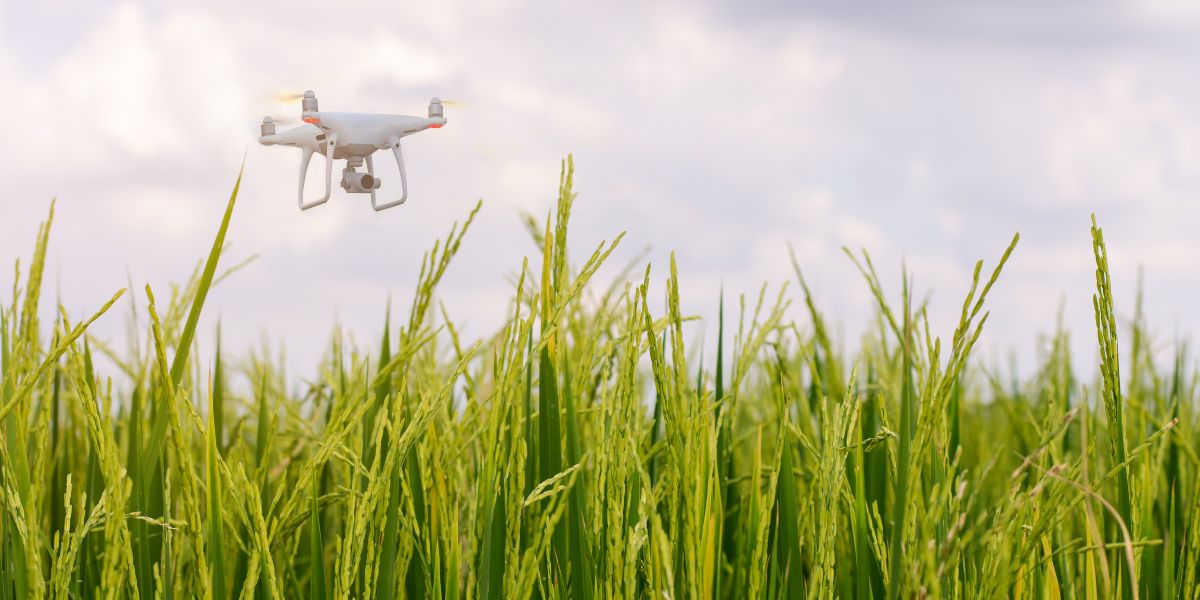Monkeypox, a rare but emerging zoonotic disease, is raising new concerns in the agricultural sector. While the virus is traditionally associated with wildlife, including rodents and primates, recent human cases in several countries prompt consideration of its potential impact on farm animals.
According to the World Organisation for Animal Health, although this virus has not been reported in farm animals until today, the proximity of farms to forest areas and unregulated livestock practices can enhance transmissibility. The global agriculture market, already weakened by the COVID-19 pandemic, could suffer further disruptions if trade restrictions or lockdowns are imposed again.
In the last quarter of 2023, a study in Congo found that more than 10% of farmworkers surveyed had been exposed to the virus, highlighting the need for increased vigilance. Farms should strengthen their biosecurity measures, such as pest control, regular veterinary monitoring, and educating farmers about the symptoms of monkeypox.
Recent initiatives aim to assess the risk of transmission through awareness campaigns in rural areas of Central and West Africa, where the virus is most prevalent. Local health authorities are urging farmers to report any suspicious signs of pathology in animals and maintain strict hygienic practices to prevent spread, possibly causing an additional health crisis.
As the world struggles to contain this emerging disease, the agricultural sector could play a crucial role in preventing further outbreaks through healthier practices and better management of animal health risks.




